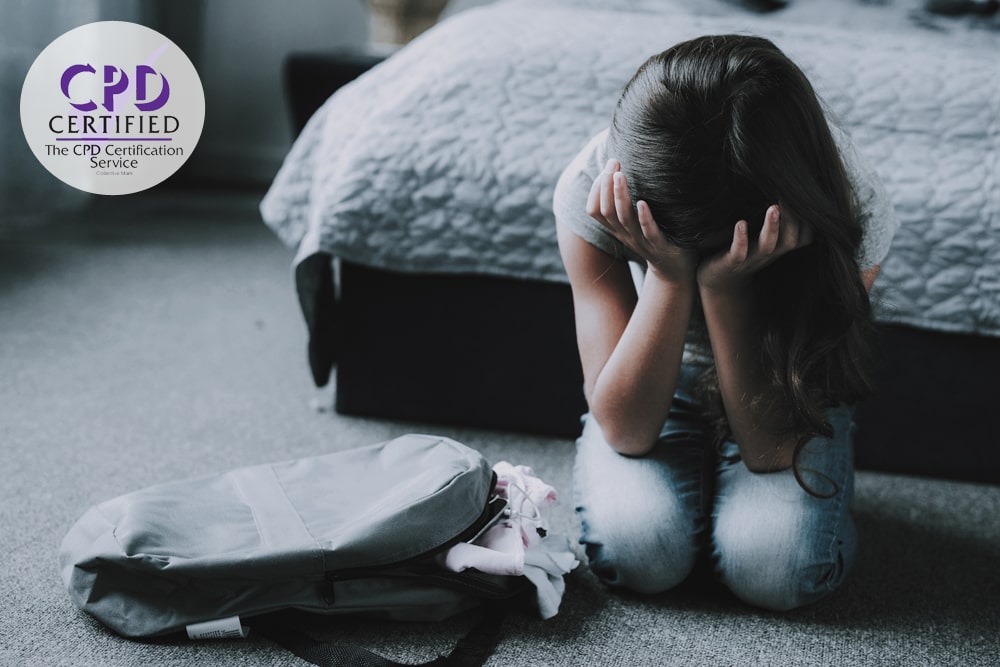International Day for the Elimination of Violence Against Women

This International Day for the Elimination of Violence Against Women (25th November 2016), I want to commend the tireless work our frontline professionals across education, healthcare and the voluntary sector are doing every single day to help protect Britain’s young girls from child abuse. To do this effectively though requires investment in individualised training readily available to all.
This year, we are focusing on Female Genital Mutilation (FGM), an extreme form of violence against young girls’ way before womanhood is even on the horizon. Whilst to some it may appear to be an issue affecting distant parts of the world, the harsh reality is, that just last year 5,700 British girls as young as three years-old suffered this violation of human rights at the hands of ‘cultural beliefs’. It is every girl’s birth rite to grow up in a safe environment and enter womanhood free from abuse. Whilst our education, healthcare and voluntary sector workers strive to provide united protection, there is still much to be done to end FGM for Britons, let alone globally.
We believe that high quality e-learning provides the much needed investment injection to equip individual teachers, nurses, GPs, care workers and voluntary sector staff with the knowledge, skills and confidence to identify and support young girls at risk. In addition, where prevention is too late, training can also ensure professionals are equipped to support FGM victims. A key point addressed in the Government’s ‘Ending Violence against Women and Girls Strategy 2016 - 2020’ is that in order to tackle violence against women and girls, it must be everybody’s business. From health providers to law enforcement, educationalists, employers, friends and family we all need to play our part.
The report also emphasises the action needed to allow women to disclose violence as part of their everyday interactions so that we can support earlier identification and intervention to stop violence and abuse from escalating to critical levels.
Significant new legislation such as the Home Office Affairs Committee this autumn is now in place and s pecific offences related to failing to protect from Female Genital Mutilation (FGM), however, the training I see as a safeguarding specialist, particularly in schools, demonstrates a need for a serious shake-up. Currently, there’s no official guidance or advice on methods of training, simply that it must take place annually. Educators play such an important role in child protection, should we not be approaching it in the same way as CRB checks, or even the driving test? Shouldn’t every single teacher/support staff member be individually trained, assessed and certified?
To gather large groups of teaching staff together all on one day, once a year, to complete safeguarding training, usually conducted on an INSET day is no mean feat. People may be absent and like new staff members joining during the year, have to wait until the next planned session. Training in large groups makes it difficult to assess individual learning outcomes. In any group of people, there will be a varied range of prior knowledge, those more confident to participate and then there are those inhibited by informal hierarchies who are more comfortable sitting back and observing. How can we be sure in group training that every single person leaves the session competent and confident to deal with modern safeguarding issues? Whilst individual face-to-face training is unfeasible financially, e-learning is playing a key role in safeguarding training. Online learning anytime, anywhere is a mantra we advocate as educationalists, and this is making a huge impact in teacher training across many disciplines.
We’re already working with over 60,000 people to protect children and young people from abuse and in the next 12 months we aim to add thousands to this number so that by International Day for the Elimination of Violence against Women 2017, thousands more girls are protected, enabling them to achieve their full potential unhindered by abuse.
SSS Learning Safeguarding Director
25 November 2016